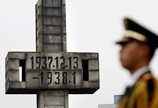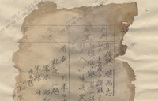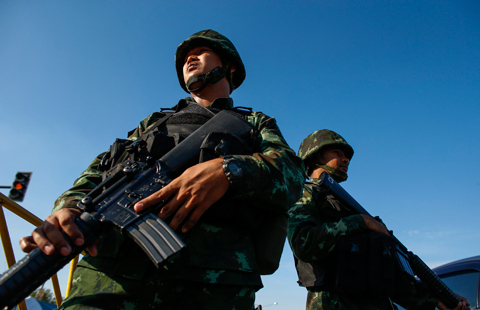China publicizes confessions by Japanese war criminals
(Xinhua) Updated: 2014-07-03 13:50BEIJING - Confessions made by 45 Japanese war criminals tried and convicted by military tribunals in China after World War II (WWII) will be published online from Thursday.
|
|
|
 |
Handwritten confessions, along with Chinese translations and abstracts in both Chinese and English, will be published on the website of the State Archives Administration, said the administration's deputy director Li Minghua at a press conference on Thursday.
The administration will publish the confessions by one each day over a 45-day period.
"These archives are hard evidence of the heinous crimes committed by Japanese imperialism against the Chinese," Li said.
"Japanese Prime Minister Shinzo Abe, disregarding historical justice and human conscience, has been openly talking black into white, misleading the public, and beautifying Japanese aggression and its colonial history since he took office," Li told reporters.
"This challenges WWII achievements and the post-WWII international order.
"The administration has made these documents available online before the 77th anniversary of the July 7 incident to remember history, take history as a mirror, cherish peace... and prevent the replay of such a historical tragedy," Li added.
The July 7 incident, or the Lugouqiao Incident, in 1937 marked the beginning of China's War of Resistance Against Japanese Aggression, which lasted eight years.
A 38-page confession by Suzuki Keiku, who served as assistant commander of the 28th Infantry Regiment and later as lieutenant general and commander of the 117th Division in the Japanese army, was the first to be published.
He ordered Colonel Taisuke to "burn down the houses of about 800 households and slaughter 1,000 Chinese peasants in a mop-up operation" in the Tangshan area in January 1942. He "murdered 1,280 peasants in Daizhuang Village, Panjia, Luanxian County by shooting, bayoneting, slashing and burying them alive, and burned down the houses of all 800 households in the village" in October 1942. He also "ordered to set up comfort stations in regions occupied by Japanese troops, and lured about 60 Chinese and Korean women to serve as comfort women" in 1945.
Li said the confessions, which were signed by the war criminals, are scans of the originals.
There were 1,109 Japanese war criminals in custody in China between 1950 and 1956, according to Li.
Among them, 1,017 with minor offenses were exempted from prosecution and released in 1956 and 45 received open trials in special military tribunals under the Supreme People's Court that year.
The 45 were charged with planning and implementing an aggression policy, making germ weapons, releasing poisonous gas, conducting experiments on living human beings, killing, stealing property, forcible recruitment of "comfort women", raping and driving out locals from their homes.
The 45 war criminals were sentenced to imprisonment from eight to 20 years.
Li said the administration is sorting out archives of confessions made by the 1,017 with minor offenses and will make them public in the future.











